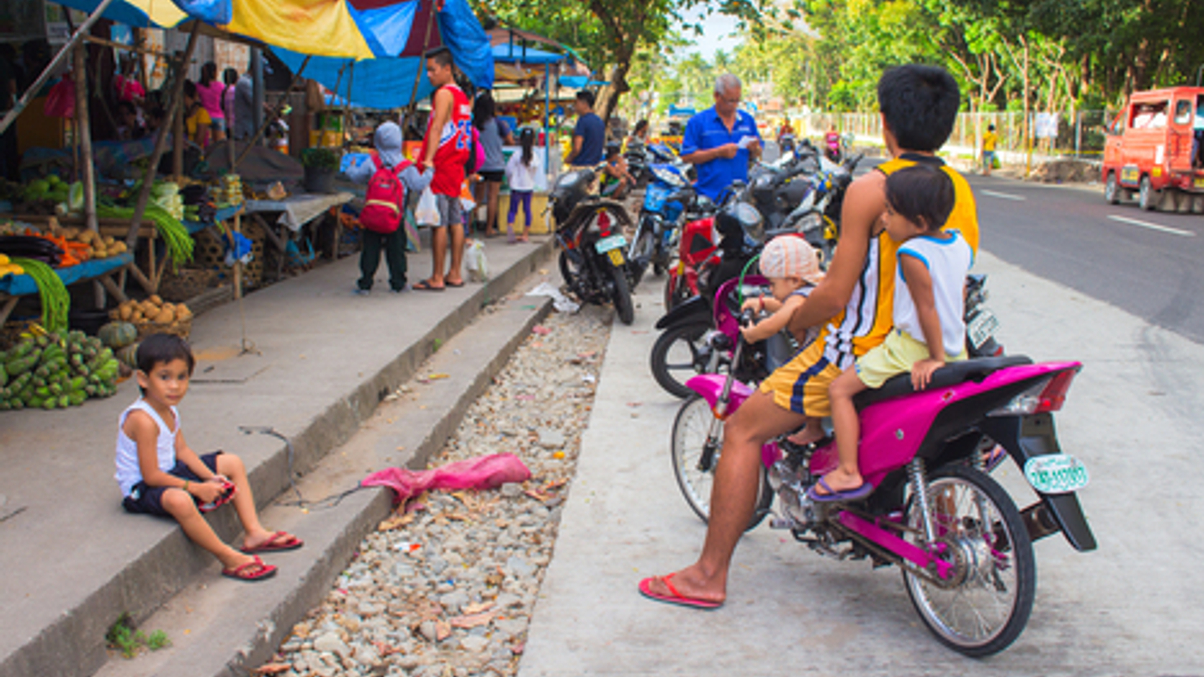Philippines makes slow progress on SWF plan
Legislative bottlenecks are delaying the establishment of the development fund. Outstanding issues include the amount to be invested and whether it will use an offshore asset manager.

The Philippines is moving towards introducing a sovereign wealth fund, but draft legislation appears to have stalled, with no schedule set for its discussion by Senate committees, local sources have told AsianInvestor. It is therefore seen as unlikely to go live this year, despite strong support for the plan.
Sign in to read on!
Registered users get 2 free articles in 30 days.
Subscribers have full unlimited access to AsianInvestor
Not signed up? New users get 2 free articles per month, plus a 7-day unlimited free trial.
¬ Haymarket Media Limited. All rights reserved.


